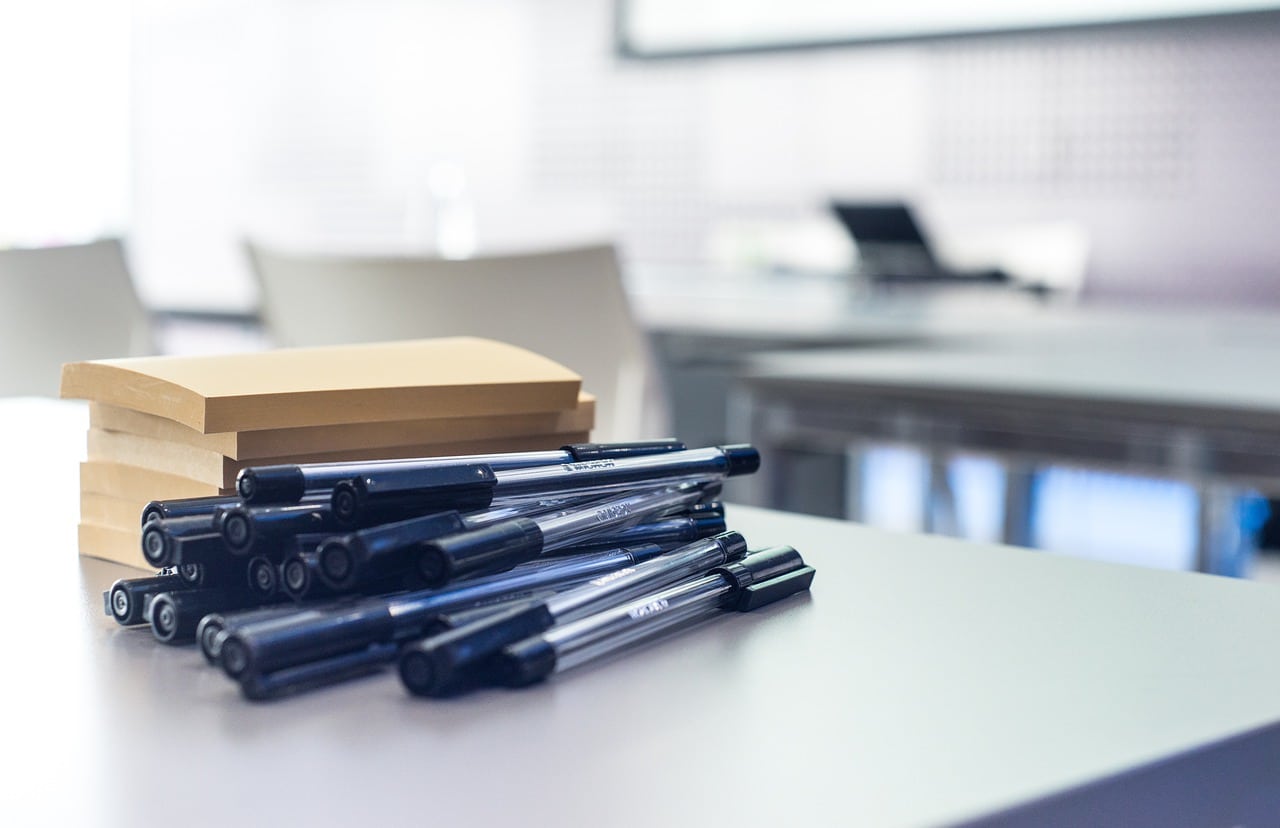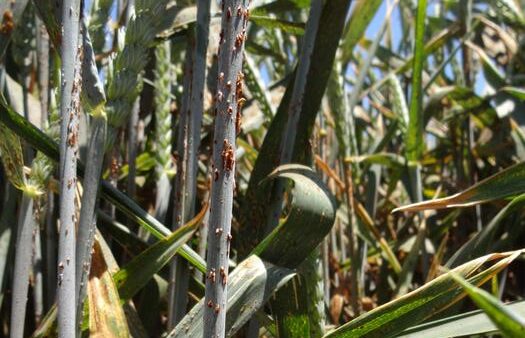What happens in a seed lab, and how does it help you buy, sell, import and export seed, especially forage, turf and reclamation seed?

After months of planning, I’m happy to announce Seed School, a new initiative designed to give new skills to people who work with small-seeded crop kinds like forage and turf.
The course is provided via our Alberta lab, but will also take the form of a road show where we can come to you, or possibly even do it remotely in virtual format.
The objective: You’ll follow a seed sample around the lab even from before it gets here. We’ll go over:
• The ins and outs of seed sampling. How many samples do you need to take? How is that affected by seed lot size? How does one get uniformity in a seed lot? How do you get a good sample? From there, we work on what the lab does to break down the sample into the portions needed for a germination or a purity test or disease testing in the lab.
• The various functions of the documents that seed labs produce. What does it mean when you see numbers like Pure Seed, Other Crops, Weed Seeds, and Inert by Percentage?
• How seed testing is guided by the Seeds Regulations and the Seeds Act, and how provincial regulations come into play.
• How the Grade Tables work. A lot of seed sellers grade by documents only; they take a testing report and they grade it based on federal regulations, when kinds being sold are not supposed to be graded. There are a lot of regulations provincially for people who are looking at seed testing reports to see if seed meets provincial weed standards, whether it’s native to their area or not, or if it should or should not be classified as a weed.
Who is Seed School for?
It caters to:
• Companies with recent turnover. Maybe you have a recent staff changeover or simply need a refresher about what it means when you have pure living seed, or what it means when an analyst does a pure seed test and figures out which seeds are viable/plantable.
• Experienced industry players who can use some help understanding the process of buying and selling seedlots, so that you can create the best contract possible. There may be seeds that are regulated in Canada but they might not be fully sellable into one of the states in the U.S. This course helps you to understand regulations and seed testing in a way that you can get their seed lots into the hands of the right buyers.
• Facility auditors and those with an interest in policy. Seed School can help you better understand the implications and the importance of Seed Regulatory Modernization. Understanding our Seeds Act and Seeds Regulations will help facility auditors who want to understand clients’ needs better.
• People who clean seed. Seed School will help you understand shapes, sizes, textures, and potentially how your seed cleaning process can be improved.










